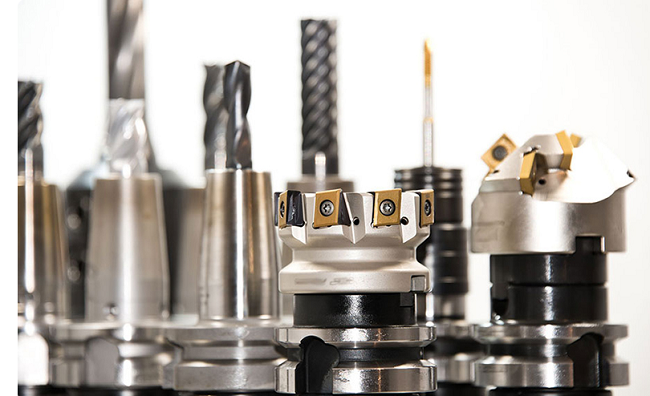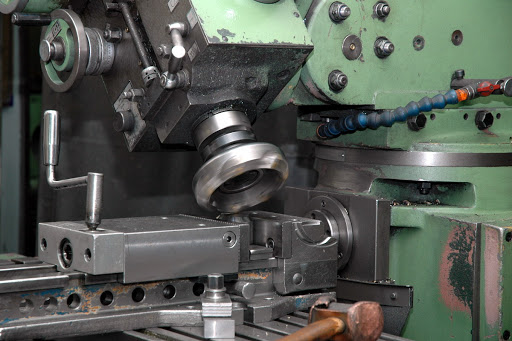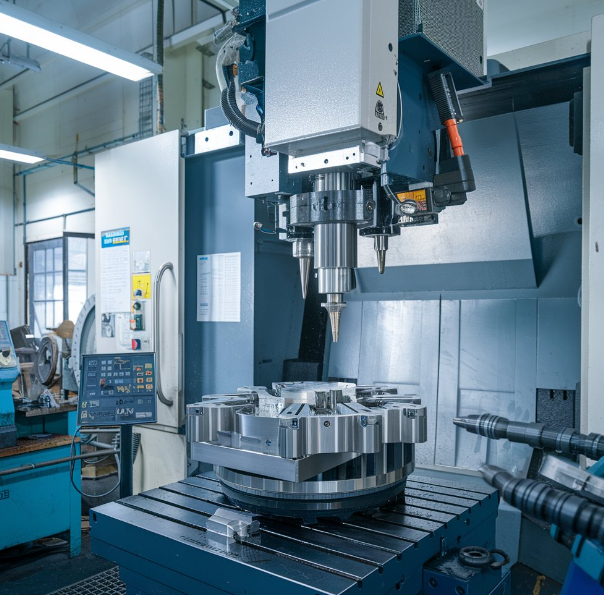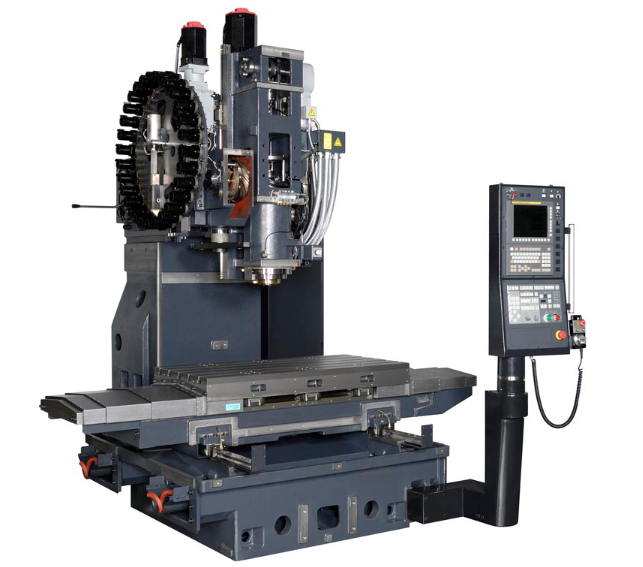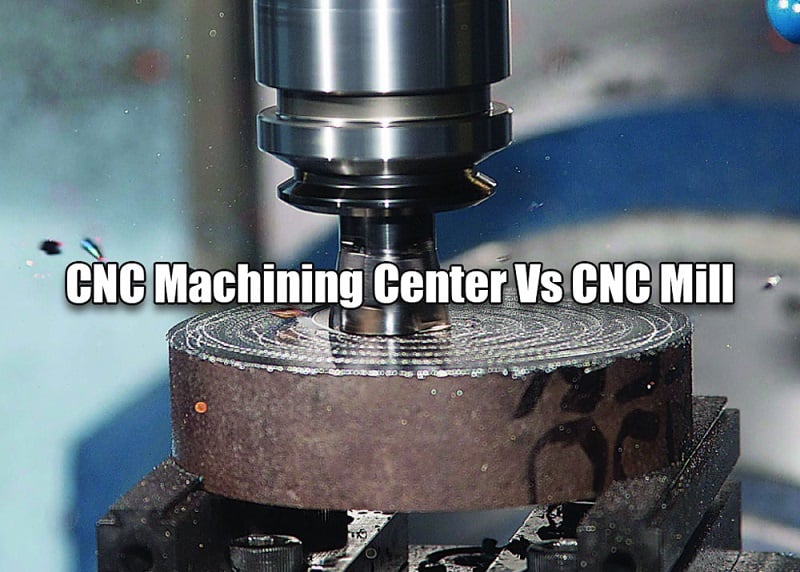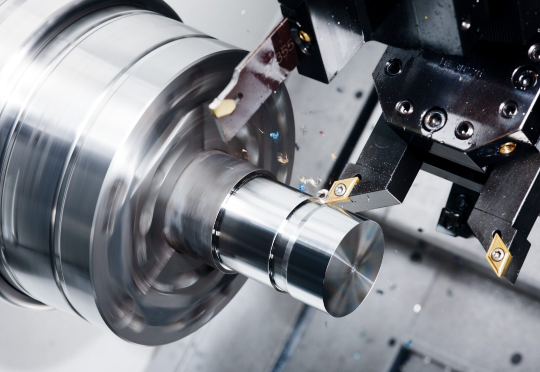Parts machined in CNC machining centres are generally complex. In one drink fixture, parts need not only rough milling and rough bore but also fine iron and fine bore, requiring a variety of tools. This requires that the fixture can not only withstand large cutting forces but also meet the requirements of positioning accuracy. The automatic tool change (ATC) function of the machining center also determines that the support, position detection and tool setting elements cannot be used in the processing. The high flexibility of the machining centre requires that its fixture is more compact and simple than the ordinary machine tool, and its tightening action is fast and accurate. The auxiliary time is reduced as far as possible, and the operation is convenient, labor-saving and safe. Besides, it should ensure sufficient rigidity and flexibility.
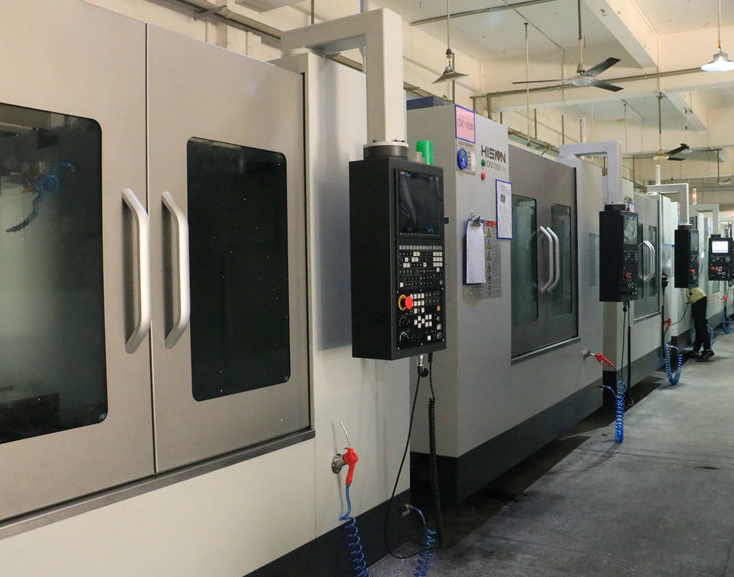
Characteristics of CNC Prototype Machining
1. First of all, it is the process characteristics of a CNC prototype machining centre, which is characterized by: milling, drilling, boring, reaming, tapping and other multiple processes that should be completed as far as possible in one clamping; Use large cutting parameters.
2. The number of tooling is greatly reduced, and complex tooling is not required for processing parts with complex shapes. If you want to change the shape and size of parts, you only need to modify the part processing program, which is applicable to the development and modification of new products. After the workpiece is clamped once, the digital control system can control the machine tool to automatically select and replace tools according to different procedures, automatically change the spindle speed, feed rate of the machine tool, the movement track of the tool relative to the workpiece and other auxiliary functions, and complete the processing of multiple procedures on several surfaces of the workpiece in turn. The whole processing process is automatically controlled by the program and is not affected by the operator’s human factors.
3. The machining quality is stable, the machining accuracy is high, and the repetition accuracy is high, which meets the machining requirements of aircraft.
4. The production efficiency is high in the case of multiple varieties and small batch production, which can reduce the time for production preparation, machine tool adjustment and process inspection, and reduce the cutting time due to the use of the best cutting amount.
5. It can be used to machine complex surfaces that are difficult to process by conventional methods or even some processing parts that cannot be observed. Generally, the upper and lower sides of the workpiece are processed. In special cases, the workpiece is processed on three, four, five or six sides. In the process of processing, we will retain the glue for the product (workpiece), fix the product (workpiece) with the side basket pull bone, and position the product (workpiece) with the poured plaster. During processing, the product (workpiece) and CNC worktable will not have adhesion, so as to better ensure that the processed product (workpiece) will not be deformed and the material level of the product (workpiece) will be accurate.
6. CNC prototype moulding features: large size, high strength, good toughness, fast speed, and low cost.
Compared with ordinary machine tools, CNC machines have the following characteristics:
1. High processing precision and stable processing quality.
2. Multi-coordinate linkage can be carried out, and parts with complex shapes can be processed.
3. When machining parts are changed, it is generally only necessary to change the CNC program, which can save production preparation time.
4. The machine tool itself has high precision and rigidity. It can choose a favourable processing amount and has high productivity (generally 3~5 times that of ordinary machine tools).
5. A high degree of automation of machine tools can reduce labour intensity.
6. Batch production, easy to control product quality.


